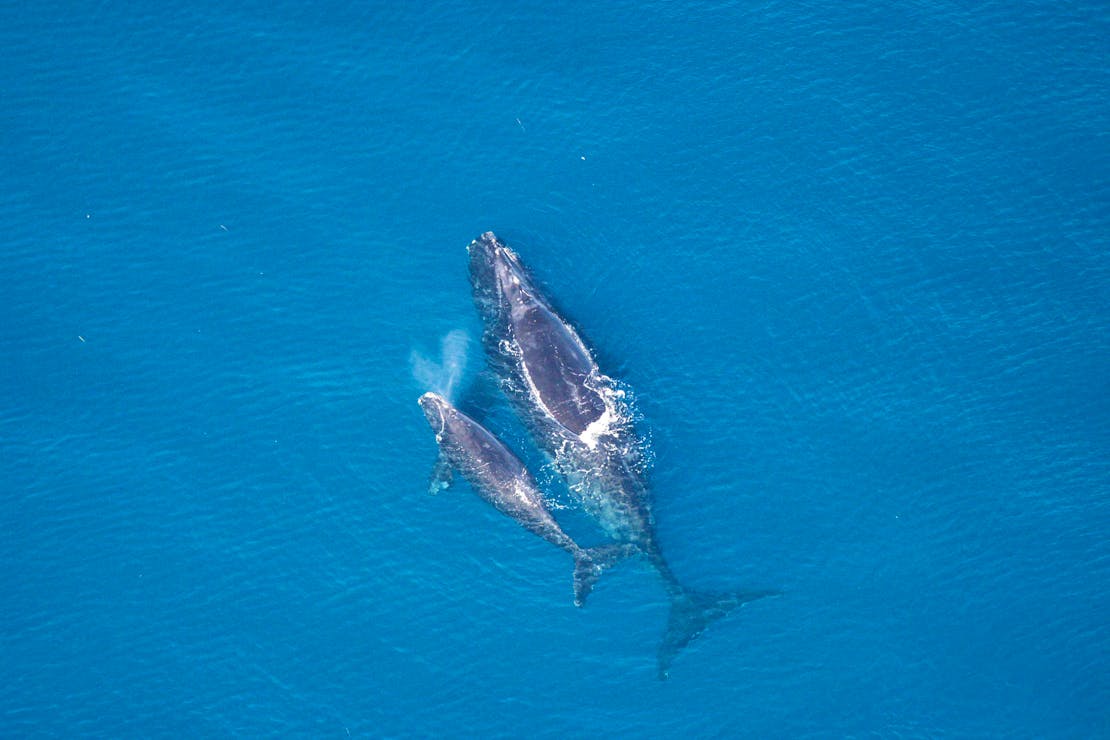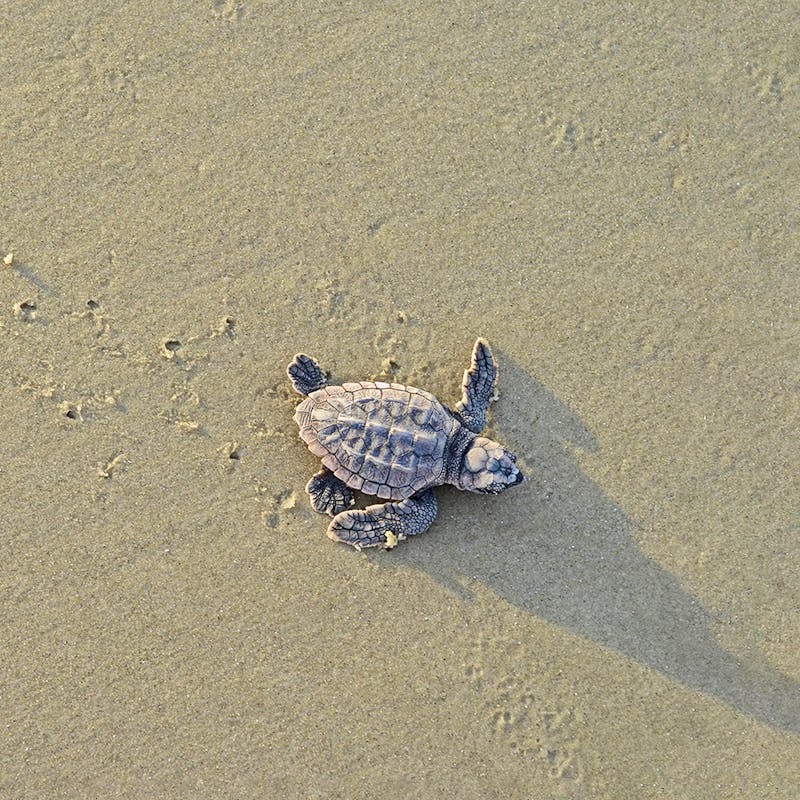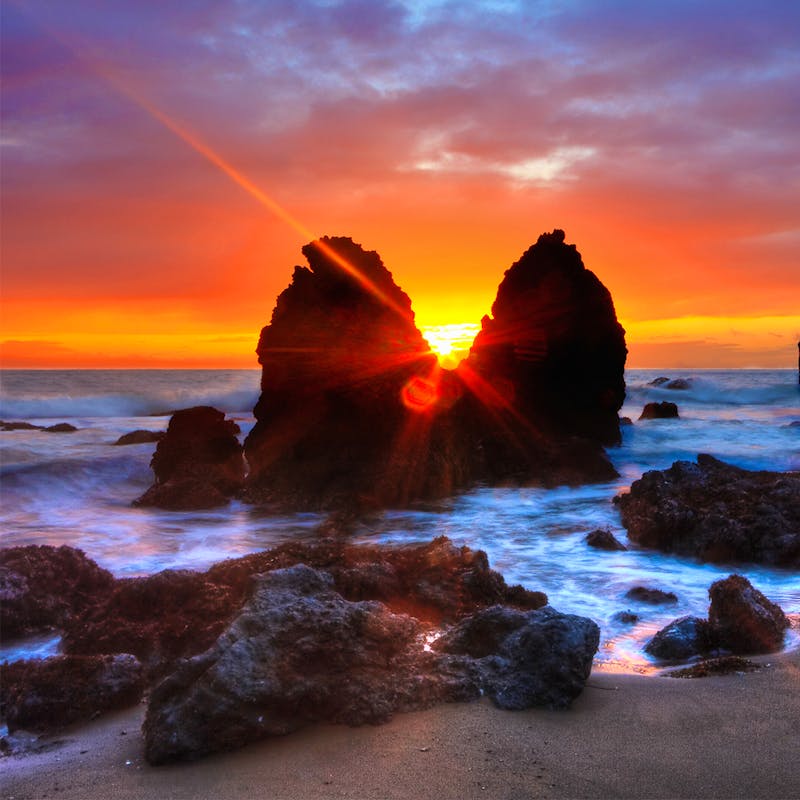Every June, nations from around the globe come together to celebrate our oceans for World Oceans Month. As the lifeblood of our planet, oceans produce more than half of the oxygen we breathe every day. Oceans are also responsible for feeding people around the world and fisheries are important for many people’s livelihoods. The ocean also holds countless wonders and captures imaginations worldwide: the Great Barrier Reef, which can be seen from space; deep-sea fish that are transparent or glow in the dark; spinner dolphins that can leap through the air; giant kelp forests with fronds over 150 feet long; and so much more we have yet to discover.
Unfortunately, not everyone sees the oceans as a place of awe and life. Since the early days of 2017, the Trump administration has been hellbent on treating the ocean as an exploitable profit center for private industry.
We should be focused on mitigating climate change, stopping agricultural runoff and stormwater from polluting waterways, protecting sharks from finning and fish from overexploitation, and limiting the noise we are emitting into the seas. But from trying to roll back protections for marine national monuments to expanding offshore oil and gas drilling to the Atlantic Coast and Arctic Ocean, the administration only cares about what the ocean can do for their favored industries, not what we can do for the ocean.
When the Deepwater Horizon drilling rig exploded in April 2010, it killed 11 workers outright and injured 17 more. More than 200 million gallons of oil gushed into the Gulf of Mexico for 87 days before the well could be capped. This catastrophic oil spill, by far the worst in U.S. history, affected the ecosystem at every level, killing untold numbers of marine mammals, sea turtles, birds, and fish and devastating the fishing and tourism industries that rely on healthy and abundant ocean ecosystems. In response, following the advice of expert commissions that studied the Deepwater Horizon disaster for lessons learned, in 2016, the Obama administration established a regulation tightening safety and inspection standards to help prevent another such catastrophe. Only three years later, to appease the oil and gas industry, the Trump administration has scrapped the regulation meant to prevent another Deepwater Horizon.
Governors, congressmen, and communities along all of our nation’s coasts, from all walks of life and all political parties, have been outspoken and opposed to offshore drilling that threatens their economies as well as coastal and ocean wildlife habitats. Today, Defenders and 10 other environmental groups challenged the rollback of the Well Control and Blowout Preventer Rule in court.
“The Trump administration’s dismantling of the safety regulations put in place to prevent another Deepwater Horizon catastrophe is immoral, improper, and — most importantly — illegal. This suit is about standing up to the fossil fuel industry on behalf of our invaluable ocean and marine wildlife heritage.” — Jane Davenport, senior attorney
Joining this coalition of groups fighting for the protection of our oceans and the people whose livelihood depends on them is just one of the ways Defenders is fighting on all fronts to protect our irreplaceable wildlife. Without working from all angles — on the ground, through supporting legislation like the SAVE Right Whales Act and the Coastal Marine Economies Protection Act, via lawsuits, internationally through CITES, and defending laws like the Marine Mammal Protection Act and Endangered Species Act — we wouldn’t have a shot at saving our oceans.
But as much as environmental news is often dire and disheartening, there really is hope when we work together. Around the country, Defenders is working to help inspire this hope. In Florida, sea turtle nesting and the Florida manatee population are increasing because of Endangered Species Act protections. California is now the final state to ban the use of drift gillnets in fishing. Straw, plastic bag, Styrofoam, and balloon release bans are going into effect in cities and states across the country. Our Orcas Love Raingardens program connects students and their communities with the Puget Sound and the impact runoff has on salmon and the southern resident orca population.
Marine wildlife off every coast is threatened by offshore drilling, seismic testing, plastics, pollution, loss of coastal habitat, fisheries bycatch, and many other threats. With the oil and gas industry pushing for increased development and extraction both onshore and offshore, if we don’t fight to oppose their efforts and hold them to stringent safety standards, it won’t be a matter of if, but when, another disastrous oil spill will occur. Defenders is committed to turning the tide for oceans and marine wildlife and will use all our legal, scientific, technology, and advocacy tools to do so. Together we can protect the ocean wildlife we love and restore the ocean ecosystems we depend on.
From the Blog














Follow Defenders of Wildlife
facebook bluesky twitter instagram youtube tiktok threads linkedin